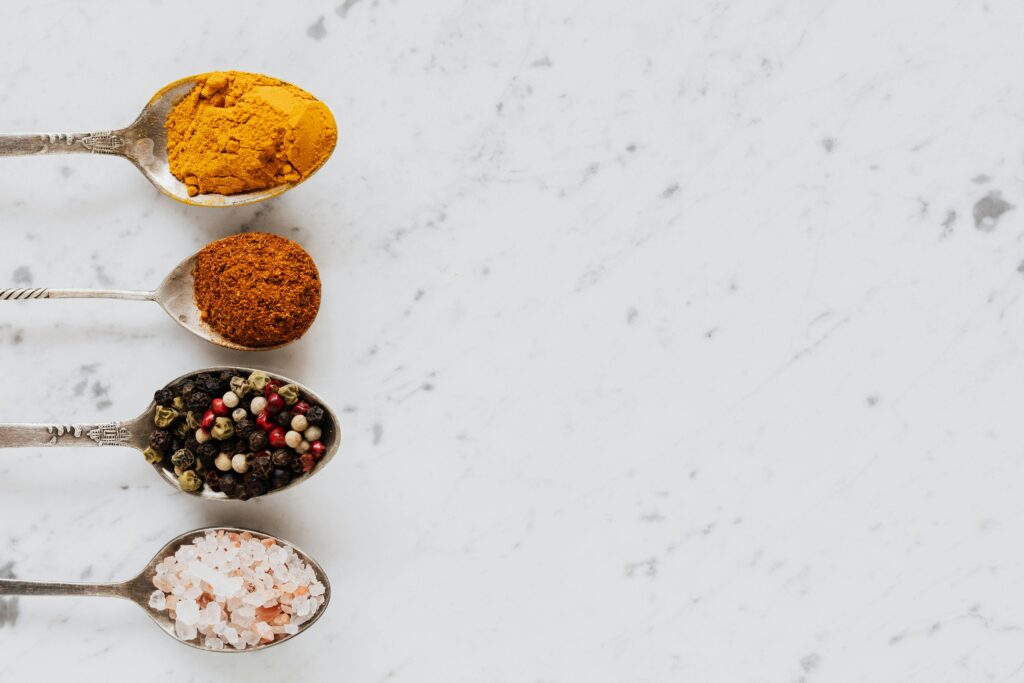You may have heard the term “spoonie” before, or perhaps you came across it for the first time on this blog. Either way, spoonie is an important word for people with chronic illness. Basically, a spoonie is a person who has limited energy because they are chronically ill. But there is more to the word spoonie besides its basic definition.
Spoonie comes from an essay by Christine Miserandino called “The Spoon Theory.” In the essay, Christine explains her experience with lupus to a friend using spoons to represent energy. Christine gives her friend a collection of spoons, then asks her to list each task she completes on an average day; Christine takes a spoon from her friend for each task.
Christine’s friend finds that she is quickly running out of spoons, so she begins to choose tasks more carefully. She is forced to use the final spoon to make dinner, leaving no energy for the remainder of the day. Christine’s friend tearfully asks Christine how she is able to do this every day. Christine pulls out a single spoon that she has been hiding the entire time and tells her friend that she has learned to always keep a spare spoon on hand just in case.
The spoons in Christine’s essay represent the energy of a person with chronic illness. Christine explains that a person with chronic illness starts each day with a limited number of spoons that they must spend to accomplish tasks. Once a chronically ill person spends all their spoons, they have no more; their energy supply is depleted and cannot be restored. They can use spoons from the following day, but they will start that day with fewer spoons.
“Spoonies” are people with chronic illness who relate to the spoon theory. I consider myself a spoonie because I feel that Christine Miserandino’s story about spoons accurately represents my experience with chronic illness. In fact, the spoon theory changed the way I view my chronic illnesses. When I first became sick, I would push myself too far and use up all my energy every day. The spoon theory helped me learn how to pace myself and spend my limited energy energy wisely. I am not as productive as I was when I was healthy, and I am not always able to accomplish everything on my to-do list. I have had to make sacrifices and take shortcuts in order to conserve energy, but I am at peace with my progress. I feel like I have taken my life back from my chronic illness.
Here is an example of the spoon theory in action. Let’s say that I start each day with ten spoons. This is how I might choose to spend those spoons:
- Wake up and get out of bed = 2 spoons
- Take my medications = 1 spoon
- Make and eat breakfast = 2 spoons
- Make and eat lunch = 2 spoons
- Make and eat dinner = 2 spoons
- Get ready for bed = 1 spoon
In this example, I used all my spoons to meet my basic needs. There was no wiggle room for things like housework, errands, socializing, or hobbies. All I could do was survive. However, there are things that must get done, no matter how I feel: dishes, laundry, bills, childcare, etc. So, here is an example of how I might fit some of those responsibilities into my day with only ten spoons:
- Wake up and get out of bed = 2 spoons
- Take my medications = 1 spoon
- Do the dishes = 3 spoons
- Pay bills = 1 spoon
- Make and eat dinner = 2 spoons
- Go to sleep = 1 spoon
Here, I was able to do the dishes and pay my bills; however, I had to skip two meals in order to do so. This is the plight of a spoonie: you must figure out how to fulfill your responsibilities and meet your basic needs while dealing with limited energy. The fact that I did not eat for two meals in this example would probably make me feel worse the following day, leaving me with even fewer spoons to work with. I am lucky that I have a supportive husband and family members who help out with the things I am not able to accomplish by myself. However, not every spoonie has a support system.
That is why spoonies all over the world have come together to form a community: because you simply cannot survive chronic illness on your own. Even if you do have people in your life to help you with various responsibilities, they may not be able to relate to what you are going through. They may not be able to offer you advice for your problems or validate your struggles. It helps to connect to people, whether online or in real life, who understand your experience.
That is why many people with chronic illness choose to call themselves “spoonies”—because being a spoonie means that you are part of a community of chronically ill people. It means that you do not have to fight your battles alone because there will always be others who can relate to what you are going through.

